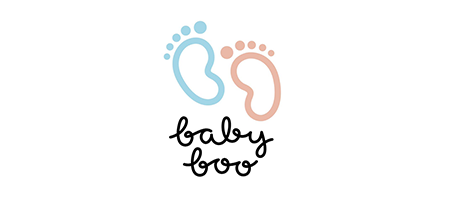Some new moms think that once their newborns sprout teeth, breastfeeding will suddenly become very painful, and they may consider weaning at that point.





There’s no need. Teething shouldn’t have much effect on your nursing relationship. In fact, your baby might need comfort when their gums are hurting, and your breast has been their greatest source of comfort until now.





When to stop breastfeeding
Breast milk, as you have undoubtedly heard, is nature’s perfect food. And not just for newborns.
It provides ideal nutrition and immunity benefits throughout infancy, into toddlerhood, and beyond, if you choose to keep breastfeeding your older child. Your child will nurse less as they begin eating solid food.
Once you’ve established a good nursing relationship that you both enjoy, there’s no reason to stop at the onset of teething.





When to wean is a very personal decision. Maybe you’re ready to have your body back to yourself, or you want your child to learn other soothing strategies — hopefully some that don’t require your participation.
And there’s no mistaking a child that’s self-weaning — you can’t convince them to keep nursing. Either way, teething should have nothing to do with it.
The American Academy of Pediatrics recommends breastfeeding for at least a year, in conjunction with solid foods after six months.
According to the Centers for Disease ControlTrusted Source, in 2015, although around 83 percent of women start out breastfeeding, only about 58 percent are still breastfeeding at all by six months, and only around 36 percent are still going at a year.





If you do wean your baby before they turn 1, you’ll have to start giving them formula.











